Explainer: What is a progressive in politics?
- Published
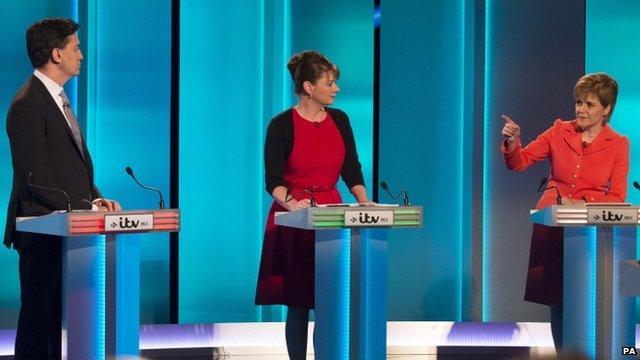
Could a progressive alliance involve Ed Miliband, Leanne Wood and Nicola Sturgeon?
The words "progressive alliance" are sure to feature in the BBC's leaders' debate later. Nicola Sturgeon, SNP leader, Natalie Bennett, Green Party leader, and Leanne Wood, leader of Plaid Cymru, have all used the phrase. But what does it mean?

Nicola Sturgeon has offered to be a "progressive ally" with Labour Party leader Ed Miliband after the election, if he needs SNP support to form a government.
Let's put aside for now the question of how that comes about. Let's find out what the SNP leader might mean.
The term "progressive" was used three times in Ms Sturgeon's conference speech last month, each time as an appeal to people of like mind in other parts of the UK.
She's taken to using it on other occasions, as she emphasises the case for the SNP working with Labour to vote out the Conservatives.

Can "progressive" politics be defined?
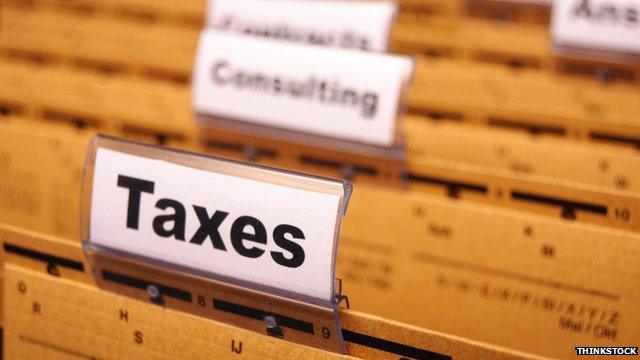
There's no agreed definition of the word.
In taxation terms, it means that more is paid by those who can afford to pay it. By contrast, a regressive tax is one which falls most heavily on those less able to pay.
Progressive spending cuts are those that fall most heavily on those best equipped to bear them. In those terms, it's sometimes seen as fair, or a means for re-distribution.
But it's not just about tax and spending. It can be about changing society, about reform and modernity, in which case it can be used to mean the opposite of conservative.
Tony Blair's followers use progressive in those terms, to avoid being cast as "left-wing" or "socialist", and as it seems to be a comfortable and ill-defined word that often means what the listener wants to hear in it.

So, is the SNP government progressive?
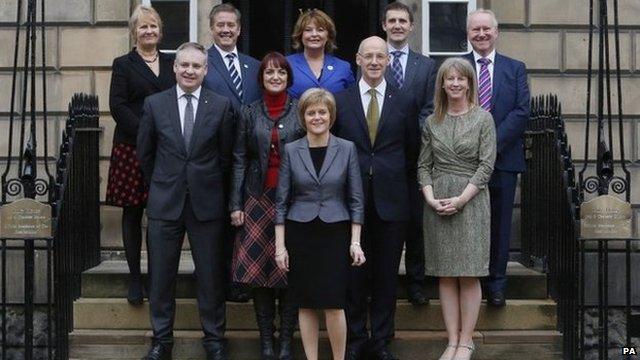
That depends what you mean.....
Free prescriptions - If you consider that society has progressed if people don't have to pay for prescription drugs, then it's progressive. But from the spending point of view, provision of medicines for high-earners looks regressive.
Council tax freeze - This could be seen as progressive because it eases the pressure on hard-pressed household budgets. But in other terms, it is not - the allocation of government resources goes disproportionately to those in more valuable homes, and local authorities argue that squeezed budgets hurt those who depend most on services.

What does "progressive" mean in other parts of the world?
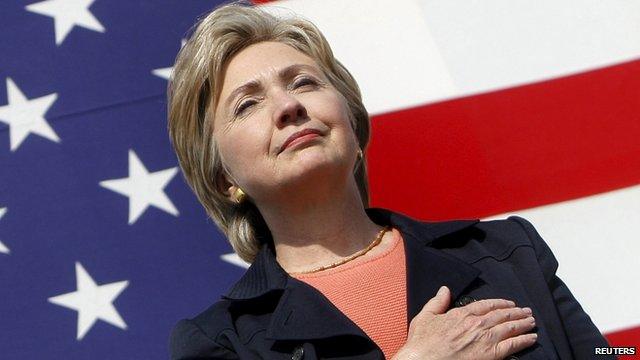
In the USA, conservatives have become the most radical of reformers, challenging the scale of government and favouring the classically liberal freedom of the individual. "Neo-conservative" now, confusingly, means something very similar to "neo-liberal".
The term progressive has a stronger pedigree in the US, being the term for a social movement, then a political movement in the era from 1890 to 1918. Progressives sought to regulate business as the country industrialised, to improve protection of workers, and campaigning for women to have the vote.
Hillary Clinton, currently front runner in the race for the White House, has sought to move away from the term "liberal", as that has become a term of abuse from the right, associated with a big state and the opposite of classic liberalism.
She prefers the term "progressive", though she finds she is under fire from those to her left in the Democrat Party who see the term as their own.
Progressive has not always belonged to the left. In Canada, between 1942 and 2003, there was a Progressive Conservative Party, on the centre right of Ottawa politics. Some provincial remnants remain.

Have the Tories ever claimed to be "progressive"?
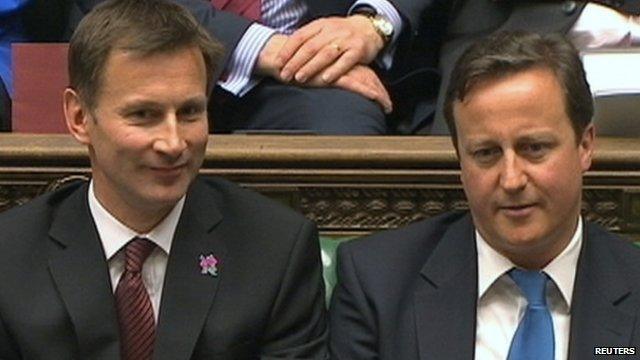
And five years ago, when he was leader of the Opposition at Westminster, David Cameron was arguing for "progressive conservatism". It appeared to mean something modern and fair, with a green tinge and different from his Conservative predecessors.
Two of his ministers, Greg Clark and Jeremy Hunt,, external had pushed to re-cast Conservatism in that light: "The party has regularly been Britain's progressive party," they wrote in 2007, "in reform, by confronting vested interests and championing the disempowered, oriented towards the future rather than to yearning for the past."

And what does "progressive" mean for modern day Labour?
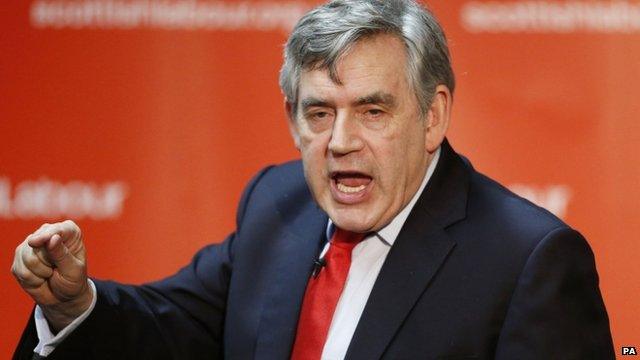
When Cameron's Labour opponent failed to win a majority at the 2010 election, Gordon Brown sought to form a "progressive alliance" with Nick Clegg and the Liberal Democrats.
But, as you'll recall, Nick Clegg formed an alliance with David Cameron, arguing that he was a 'new progressive' rather than the 'old progressives' of the Labour Party. The Lib Dem leader explained this was about the freedom of citizens contrasted with the power of the state.
Things have moved on in five years. It's hard to find any recent talk of 'progressive conservatism'. One analysis suggests, in retrospect, that it has turned out to be more about the Thatcherite form of progress (rolling back the scale of the state) than social justice. David Cameron is less concerned with occupying the centre ground which Tony Blair had previously occupied. He ceded some of that to the Lib Dems during the past five years, while turning his attention to UKIP on the right.
That leaves the field a bit clearer for those on the left, or centre ground of politics, to reclaim the term "progressive". Ed Miliband may know what Nicola Sturgeon means when she calls for a 'progressive alliance'. But the ordinary voter could be forgiven for being a bit confused.

Election 2015 - Reality Check

What's the truth behind the politicians' claims on the campaign trail? Our experts investigate the facts, and wider stories, behind the soundbites.
Read latest updates or follow us on Twitter @BBCRCheck, external
